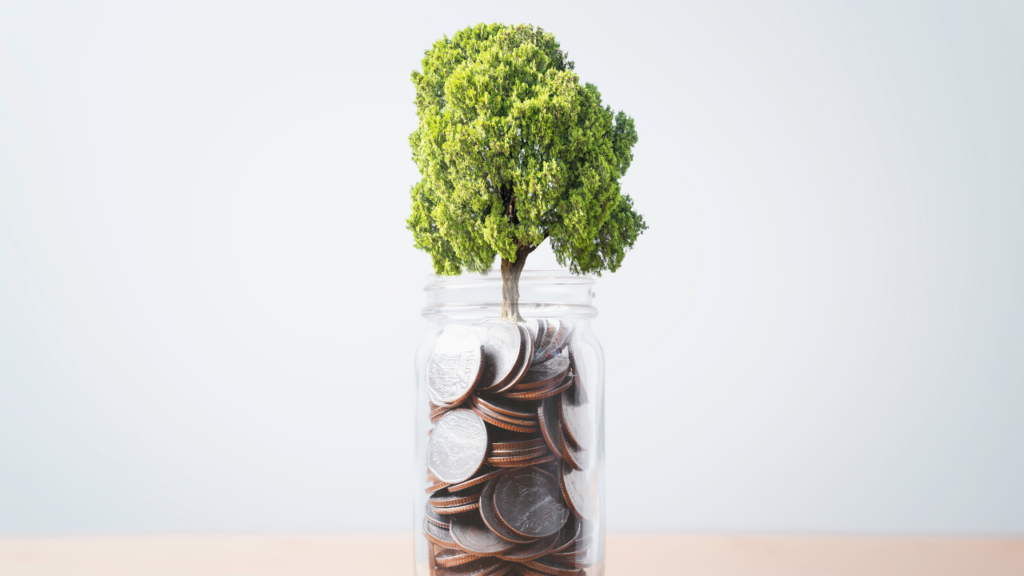What is Green Financing

Green financing is a financial strategy that prioritizes investments in sustainable and environmentally friendly projects. It is designed to support initiatives that combat climate change, promote renewable energy, improve energy efficiency, and foster sustainable development. As global awareness of environmental challenges grows, has emerged as a critical tool for governments, businesses, and financial institutions to align their operations with sustainability goals.
This article delves into the concept of green financing, its importance, and how it is shaping the future of finance.
Understanding Green Financing
Green financing refers to the allocation of funds to projects that have a positive environmental impact. It encompasses a wide range of financial products, including green bonds, green loans, and investment funds dedicated to renewable energy, pollution control, and sustainable agriculture.
Key features of green financing include:
- Environmental Impact: The primary focus is on reducing carbon emissions, promoting renewable energy, and fostering eco-friendly practices.
- Transparency: It requires clear criteria to ensure funds are used for their intended purposes.
- Sustainability Goals: These financial instruments often align with broader objectives, such as the United Nations’ Sustainable Development Goals (SDGs).
The Importance of Green Financing
1. Combating Climate Change
Green financing plays a pivotal role in addressing global climate challenges. By channeling investments into renewable energy projects, energy efficient infrastructure, and reforestation programs, it helps reduce carbon emissions and mitigate climate change.
2. Encouraging Corporate Responsibility
As demand for sustainable practices increases, businesses are adopting to enhance their environmental, social, and governance (ESG) performance. This not only improves their reputation but also attracts eco-conscious investors.
3. Driving Innovation
Green financing promotes the development of innovative technologies, such as solar and wind power, electric vehicles, and sustainable building materials. These advancements contribute to a greener economy and create new market opportunities.
4. Economic Growth
Investing in green projects stimulates job creation and economic development. For instance, renewable energy projects often require skilled labor for installation and maintenance, fostering employment in emerging industries.
Green Financing Instruments
1. Green Bonds
Green bonds are fixed-income securities issued to fund environmentally sustainable projects. They are popular among governments, corporations, and financial institutions seeking to finance green initiatives.
2. Green Loans
These are loans specifically allocated for projects that benefit the environment. Borrowers must demonstrate how the funds will be used to achieve sustainability goals.
3. Green Investment Funds
Investment funds dedicated to financing pool capital from multiple investors to fund projects such as renewable energy plants, eco-friendly infrastructure, and conservation programs.
4. Carbon Credit Trading
This involves financing initiatives that reduce carbon emissions, such as reforestation or clean energy projects, and selling carbon credits in regulated markets.
Green Financing in Action
Global Initiatives
Countries like Germany and the United States have pioneered through large-scale renewable energy projects and green bond issuance. International organizations, including the World Bank and the International Monetary Fund (IMF), also support green finance by providing funds and guidance.
Green Financing in Korea
Korea has embraced green financing as part of its broader sustainability goals. The Korean Green New Deal emphasizes investments in renewable energy, eco-friendly transportation, and carbon neutrality initiatives. Korean financial institutions are also actively issuing green bonds and offering green loans to support these projects.
Challenges in Green Financing
Despite its potential, green financing faces several challenges:
- Lack of Standardization: Defining what qualifies as a “green” project can vary across countries and organizations.
- High Initial Costs: Many green projects require significant upfront investment, which can deter smaller businesses and investors.
- Greenwashing: Companies may falsely claim environmental benefits to attract green financing, undermining its credibility.
The Future of Green Financing
The future of this looks promising as awareness of environmental issues continues to grow. Advances in technology, stricter regulations, and increasing investor demand for sustainable options are expected to drive its expansion. Financial institutions are also likely to integrate into their core strategies, making sustainability a cornerstone of the global economy.
Conclusion
Green financing is more than just a financial trend it is a critical tool for building a sustainable future. By aligning economic growth with environmental responsibility, it offers a pathway to address climate challenges while fostering innovation and development. As more businesses, governments, and investors adopt green financing practices, the impact on global sustainability efforts will only strengthen. How to invest ? READ HERE
Whether you’re an investor, a policymaker, or a concerned citizen, understanding is key to supporting a greener, more sustainable world.
